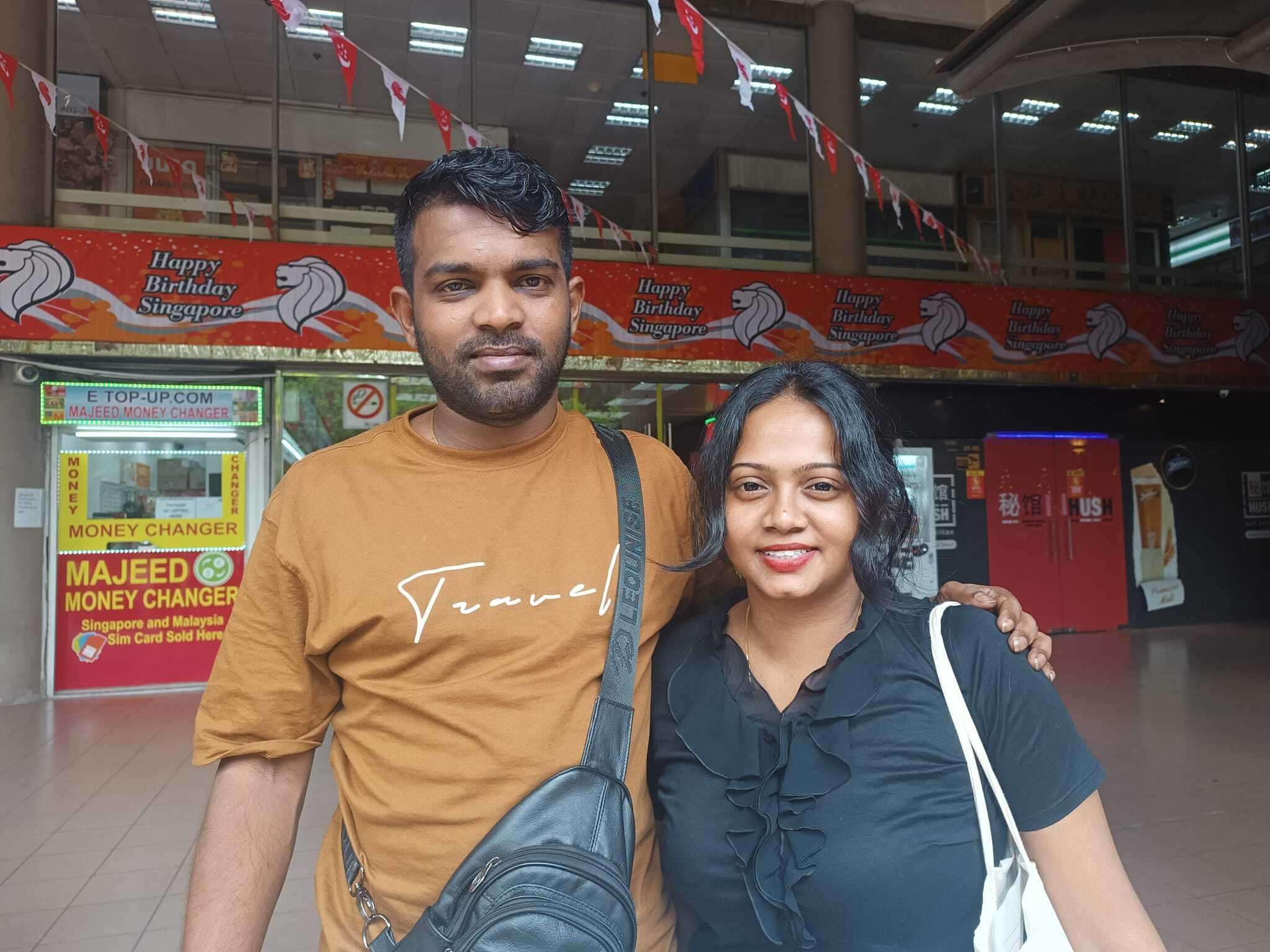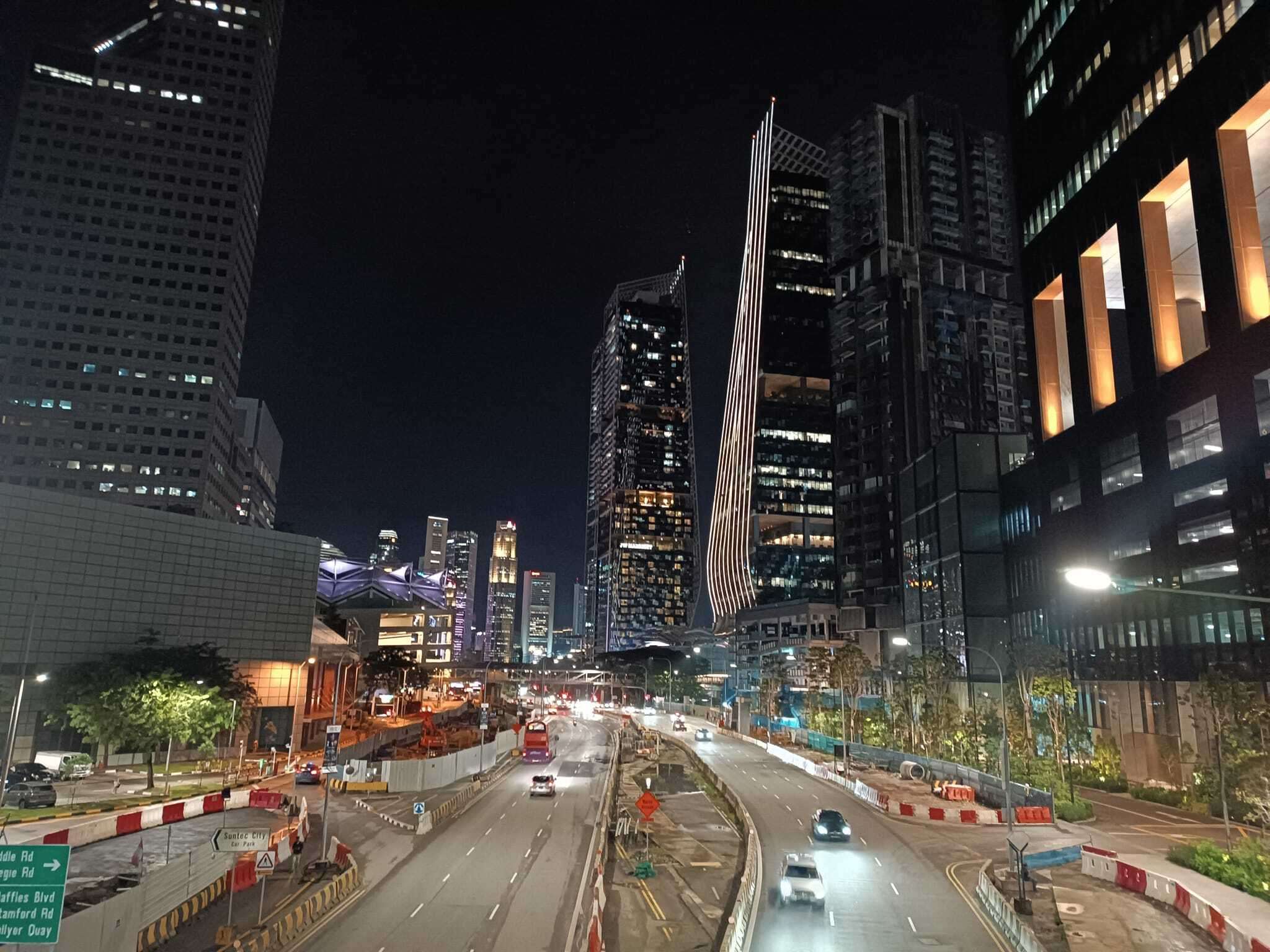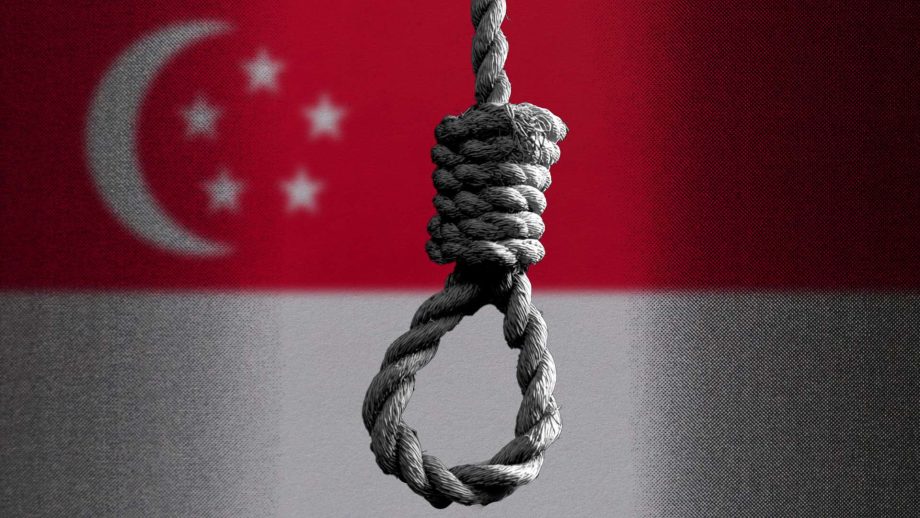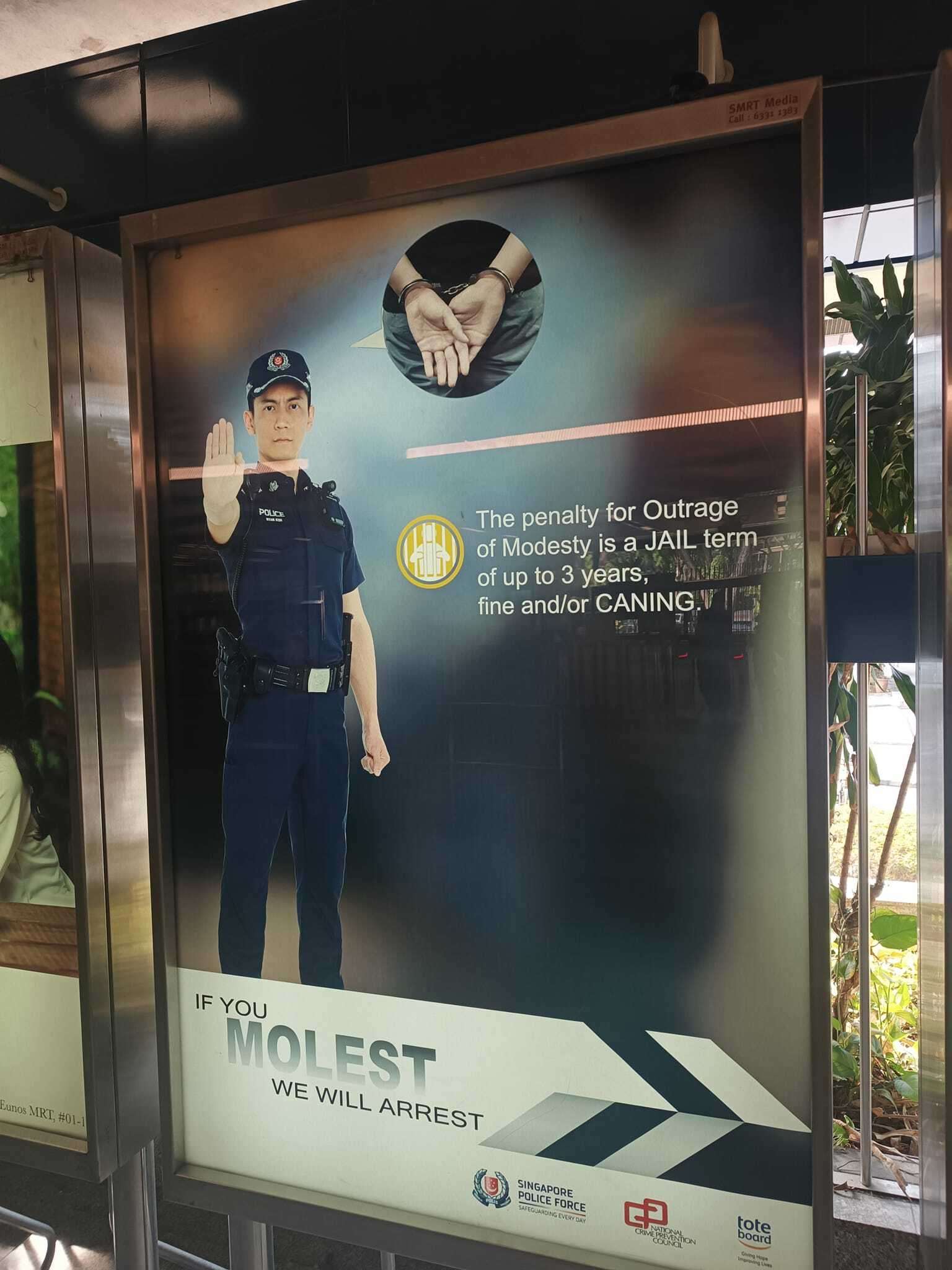When I met Angelia Pranthaman and her brother Joshua in Singapore two years ago, they were still cheerful and upbeat. They had a couple of hours to kill before their bus back to Malaysia, a long journey they undertook as often as they could to visit their brother Pannir Selvam.
Growing up in a Christian, Indian-Malaysian family, Pannir’s five brothers and sisters remember him as a playful, naughty boy who was always getting into trouble, but also a talented musician who played drums and guitar at their local church.
“He’s also a bathroom singer: He always sings when he’s in the shower, Malay songs,” Angelia reminisced with a smile. “He’d put on his music, and the entire house would go boom-boom-boom!”


Like many Malaysians, Pannir crossed into Singapore for work. He often spent his earnings drinking or gambling, but he always kept in touch with his family. Until one night in 2014, he stopped picking up the phone.
“Pannir doesn’t listen to everyone,” said Joshua, in his slightly gruff voice. “He chooses people to listen to—one of these people is my sister Sangkari.”
“About three or four days, she couldn’t reach him. Usually, if he is busy working, maybe at night or the next day, he will call back,” added Angelia.
Unable to reach him, they called the house where Pannir was staying. No one there had seen him either. Eventually they reached a friend of their father, a pastor living in Singapore, who told them he’d seen Pannir on TV. He’d been arrested at the Woodlands border checkpoint with bags containing 51 grams of heroin strapped to his groin and hidden under the seat of his motorbike.
In Singapore, anything over 15 grams of heroin triggers an automatic death sentence. For the next 11 years, his family could only see him for an hour at a time through a glass panel.
When we met, Angelia told me her brother was “tired.”
“It was almost nine years, and at one point he told my sister that he’s OK with everything, you know, he’s ready to go,” Angelia remembered. “He’s tired of being locked down; no communication, no sunlight, no friends, no family, no love….But we believe there is still some energy keeping him alive, keeping him sharp.”
Even on death row, Pannir kept himself busy, reading books and composing songs. Upon hearing of my Russian background, Angelia delighted in telling me he’d been reading Dostoevsky.
His final appeal was rejected in September. Just after dawn on October 8, guards led him from his cell in Singapore’s Changi Prison to a room where a specially measured noose was fastened around his neck, the knot precisely placed behind his ear to make sure his spine snapped when the trapdoor opened beneath his feet. Gravity did the rest. At 9 a.m., his family arrived to collect his lifeless body. He was 38 years old.
Skyscrapers and high-rises light up the skyline of Singapore, a wealthy city-state off the southeast tip of Malaysia. Crime is rare: only 10 murders last year among 6 million people, roughly the same population as Missouri. There are no shantytowns or homeless encampments. There is no opioid crisis. While their neighbors suffer poverty, strife, and unrest, Singaporeans are well-off and live comfortable lives—the Switzerland of Southeast Asia. It’s multiethnic and multicultural, although the Chinese, at three-quarters of the population, are dominant. The city is clean, modern, and cosmopolitan.


So it’s jarring to see such medieval punishments. And yet the government argues that it’s dealing with drugs so decisively that keeps Singapore so safe. That argument has won sympathy in the White House.
“China, Singapore—actually, there are quite a few, many in Asia, where they have the death penalty,” President Donald Trump told a meeting of governors in February. “There’s no drug problem whatsoever.”
Pannir was the 12th convict to be executed this year—10 of them for nonviolent narcotics violations. The very fact that those couriers keep getting caught suggests there’s a consistent demand that’s profitable enough for these poor saps to risk their lives.







